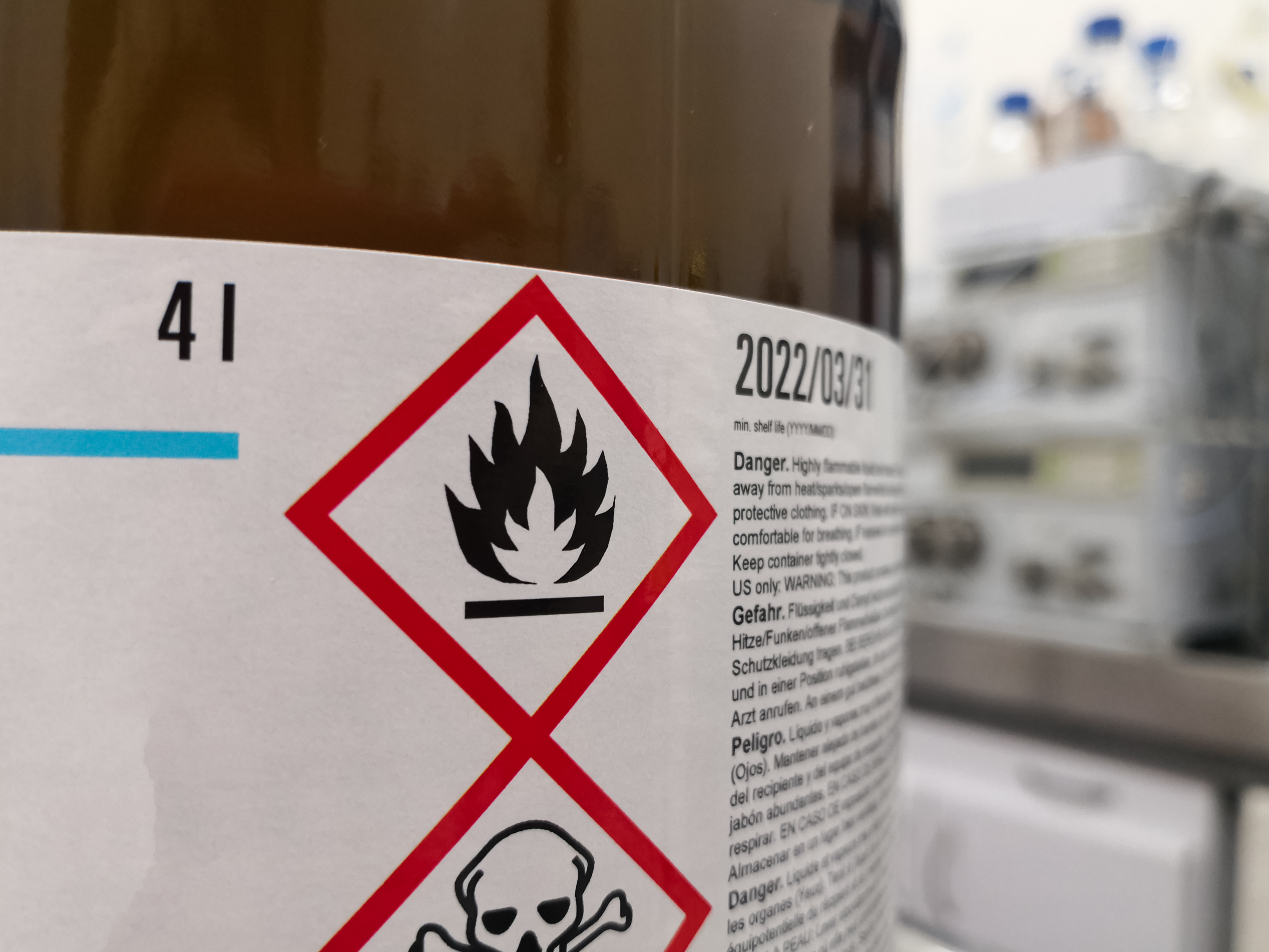Women’s Participation accelerates Vietnam’s sustainability
The report on the project “The Green Edge: Women’s Employment and Leadership for Sustainable Business in Vietnam” presents key data and strategic recommendations to accelerate women’s contributions to Vietnam’s green transition and sustainable economic growth. This is a project of the International Finance Corporation (IFC), a member of the World Bank Group, with support from the Australian Government.
Women account for only 23% of the workforce, 21% of senior management roles and 23% of board positions in the solar energy, plastic recycling and rice production sectors. This underrepresentation stems from persistent STEM skills gaps, gender bias in job descriptions and recruitment processes, and limited access to tailored training and career advancement opportunities.
In the solar energy sector—which aims to reach 34% of Vietnam’s power capacity by 2050—companies face significant challenges in attracting and retaining technically skilled women. Meanwhile, in plastic recycling and rice production, many women work informally in low-value, manual roles, making them more vulnerable to market volatility and climate impacts, with restricted access to financing and modern technologies.
To close the gender gap, businesses should prioritize the recruitment and retention of women by partnering with STEM institutions to offer internships and vocational programs for female students, adopting genderneutral job descriptions, and establishing diverse hiring panels. These measures will enhance workforce quality and reduce operational risks when scaling up green investments.
The report also recommends boosting women’s leadership by setting SMART targets for female representation in management and on boards, launching mentorship, sponsorship, and leadership training programs tailored for high-potential women, and embedding gender-equality metrics into corporate performance evaluations. Such initiatives will unlock innovation and improve sustainable decision-making.
Finally, building an inclusive and sustainable supply chain requires integrating gender criteria into supplier assessments and prioritizing partnerships with women-led enterprises. Companies should develop digital platforms and designated collection points to formalize women’s roles in plastic recycling and support female rice farmers in adopting low-emission farming techniques that boost yields and resilience to climate change.
By implementing these integrated solutions, Vietnam’s private sector can harness the full potential of women’s employment and leadership, driving a greener, more inclusive, and resilient economy.




